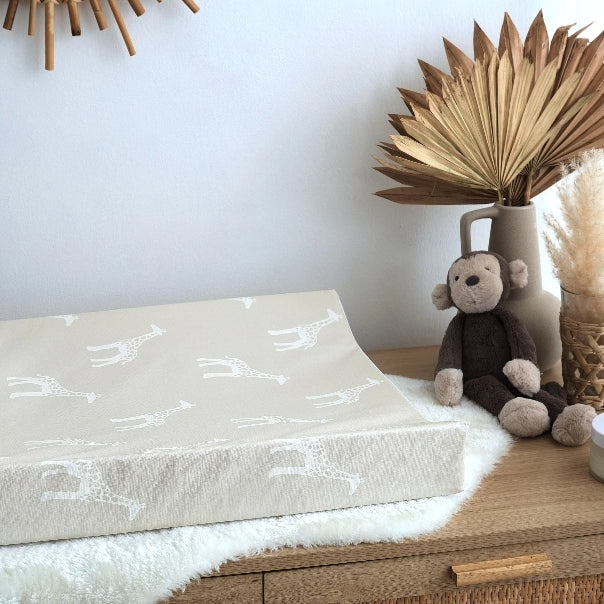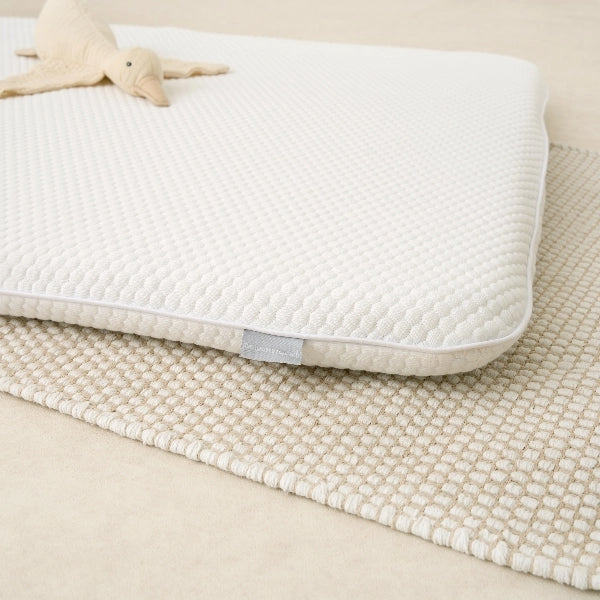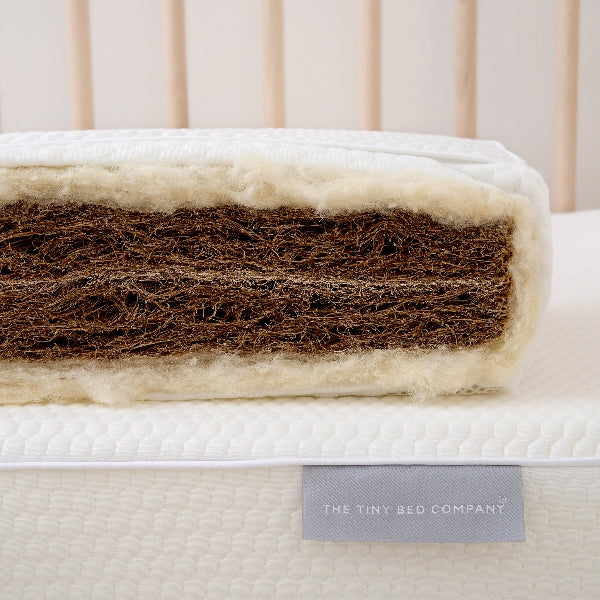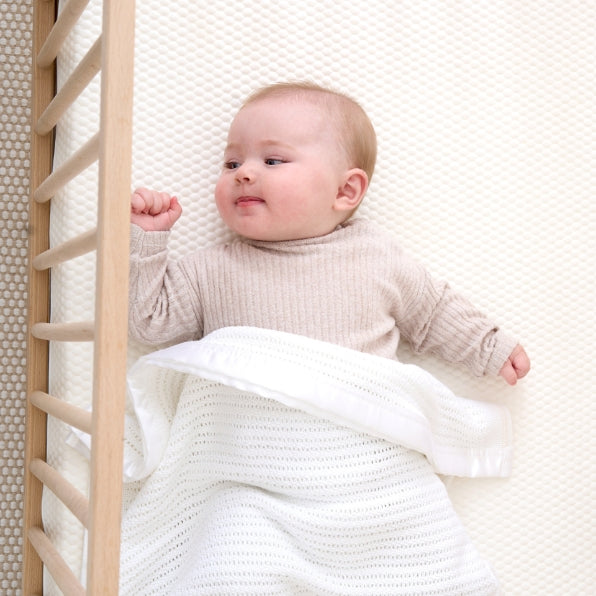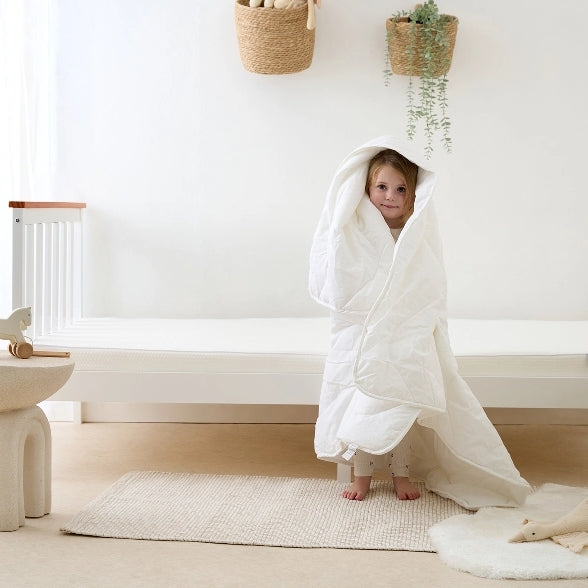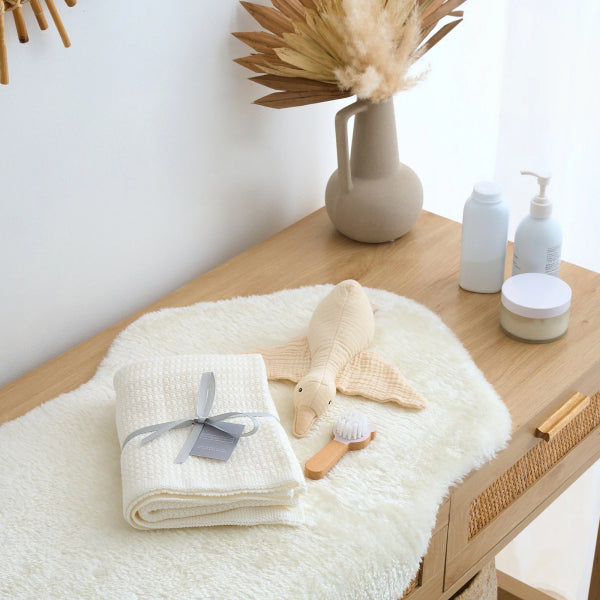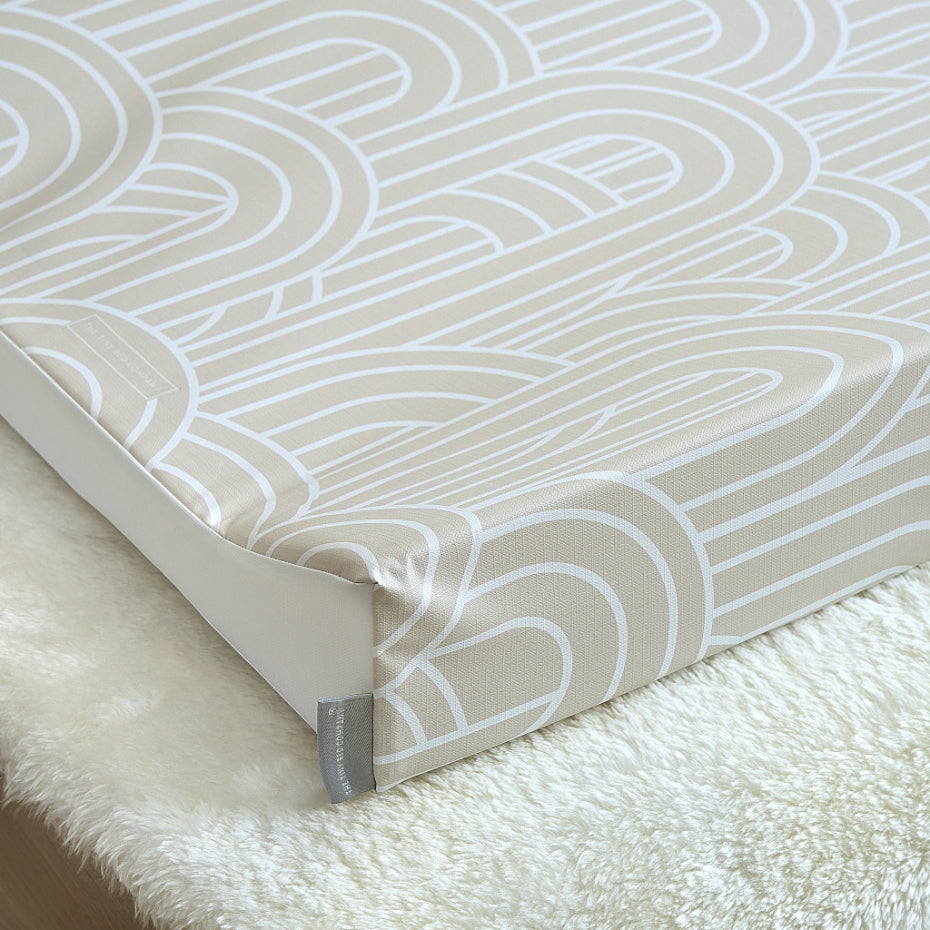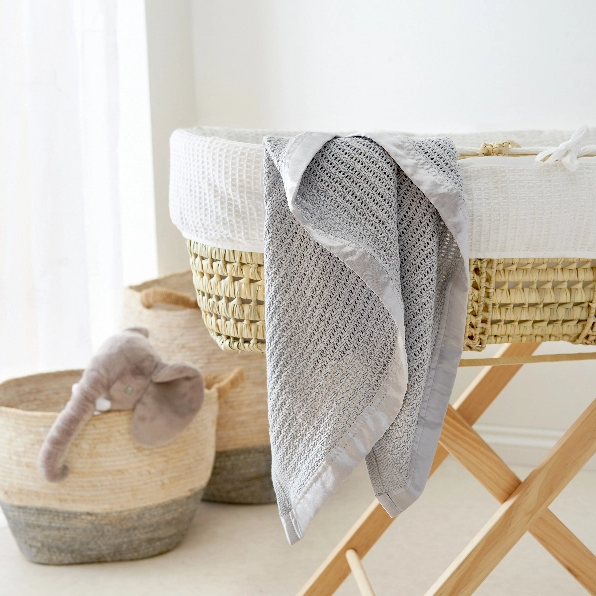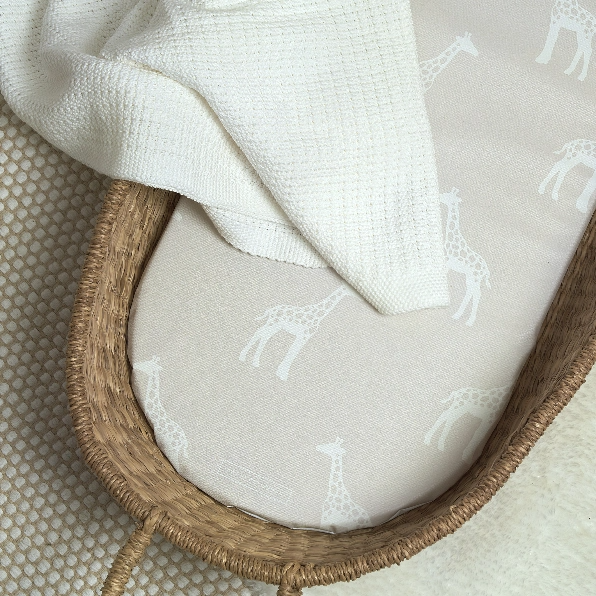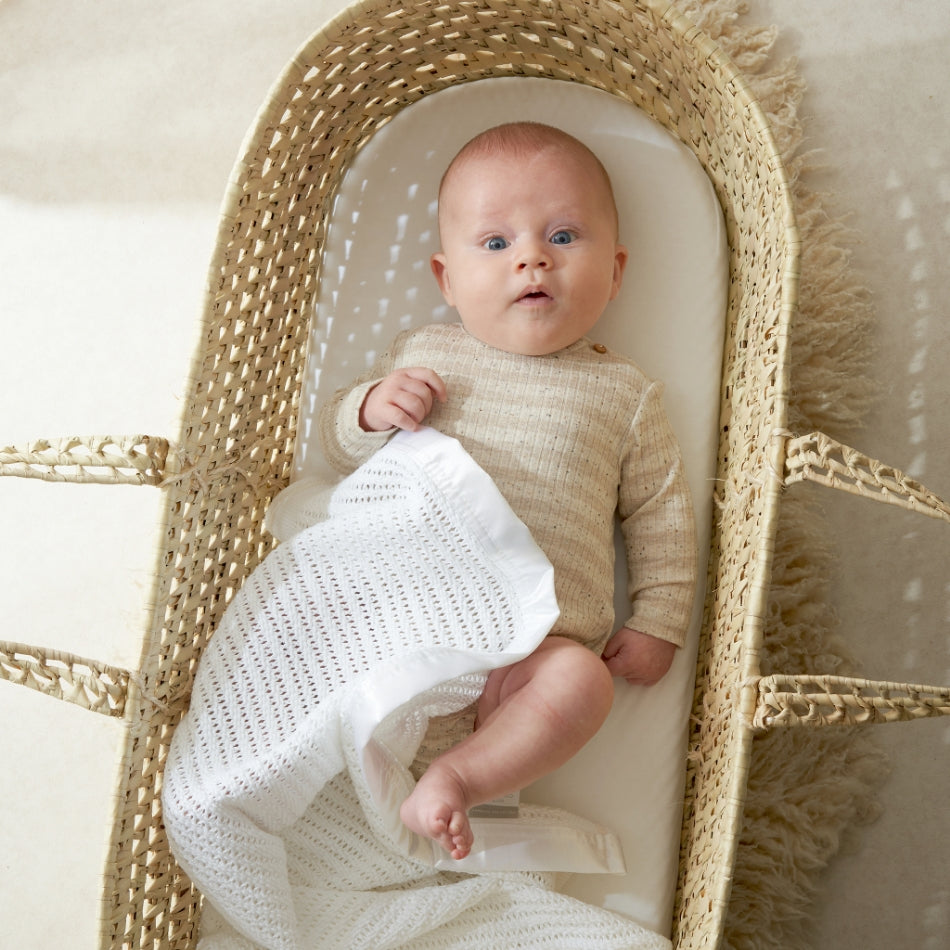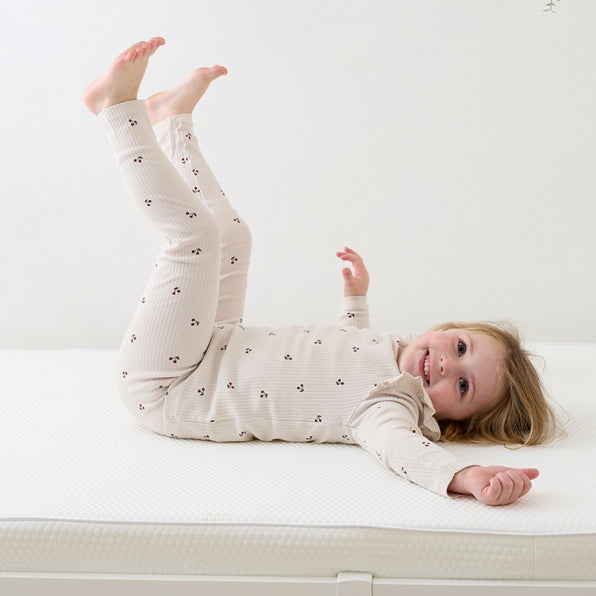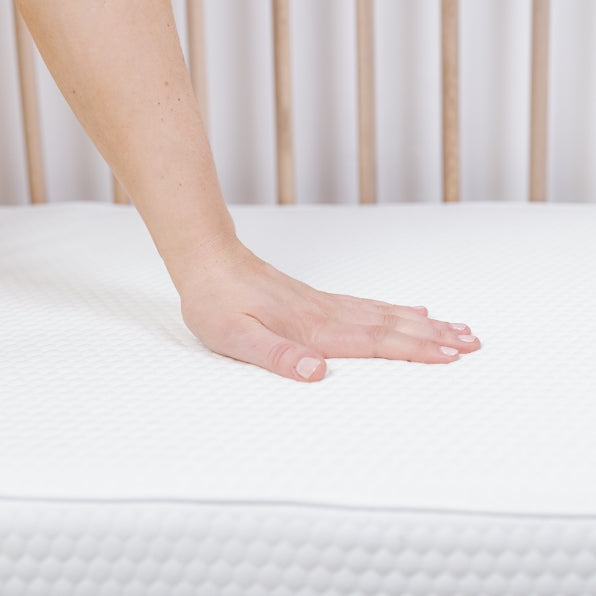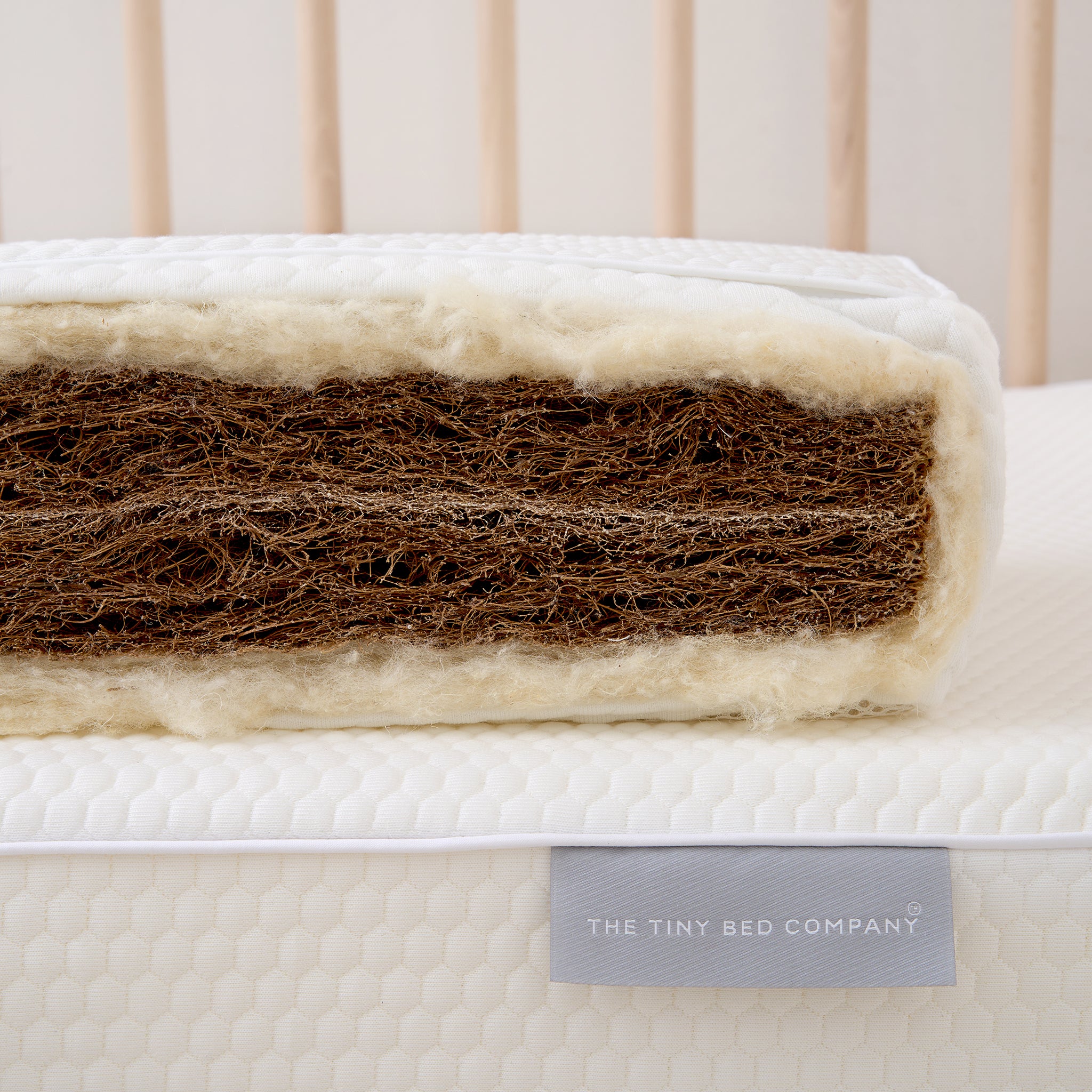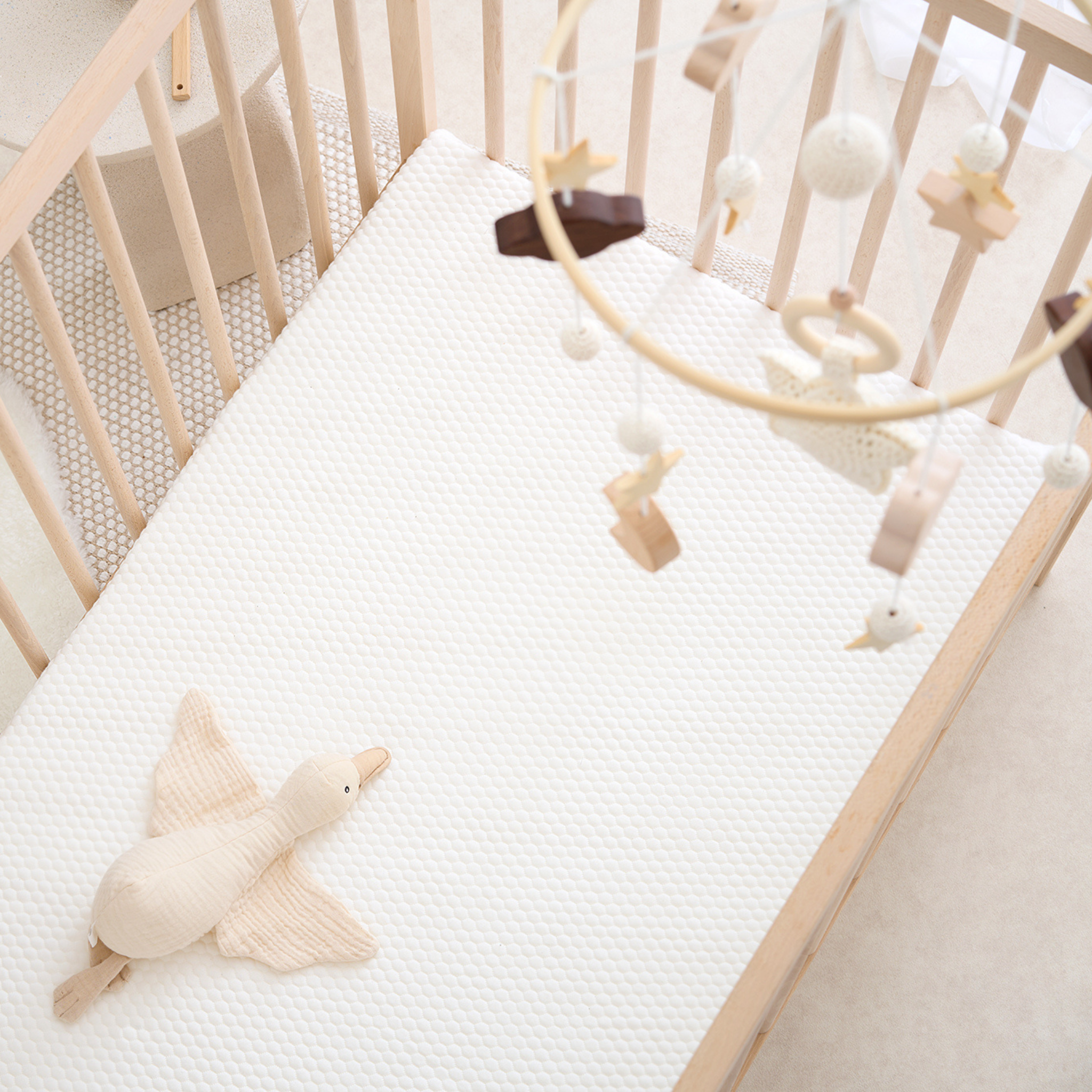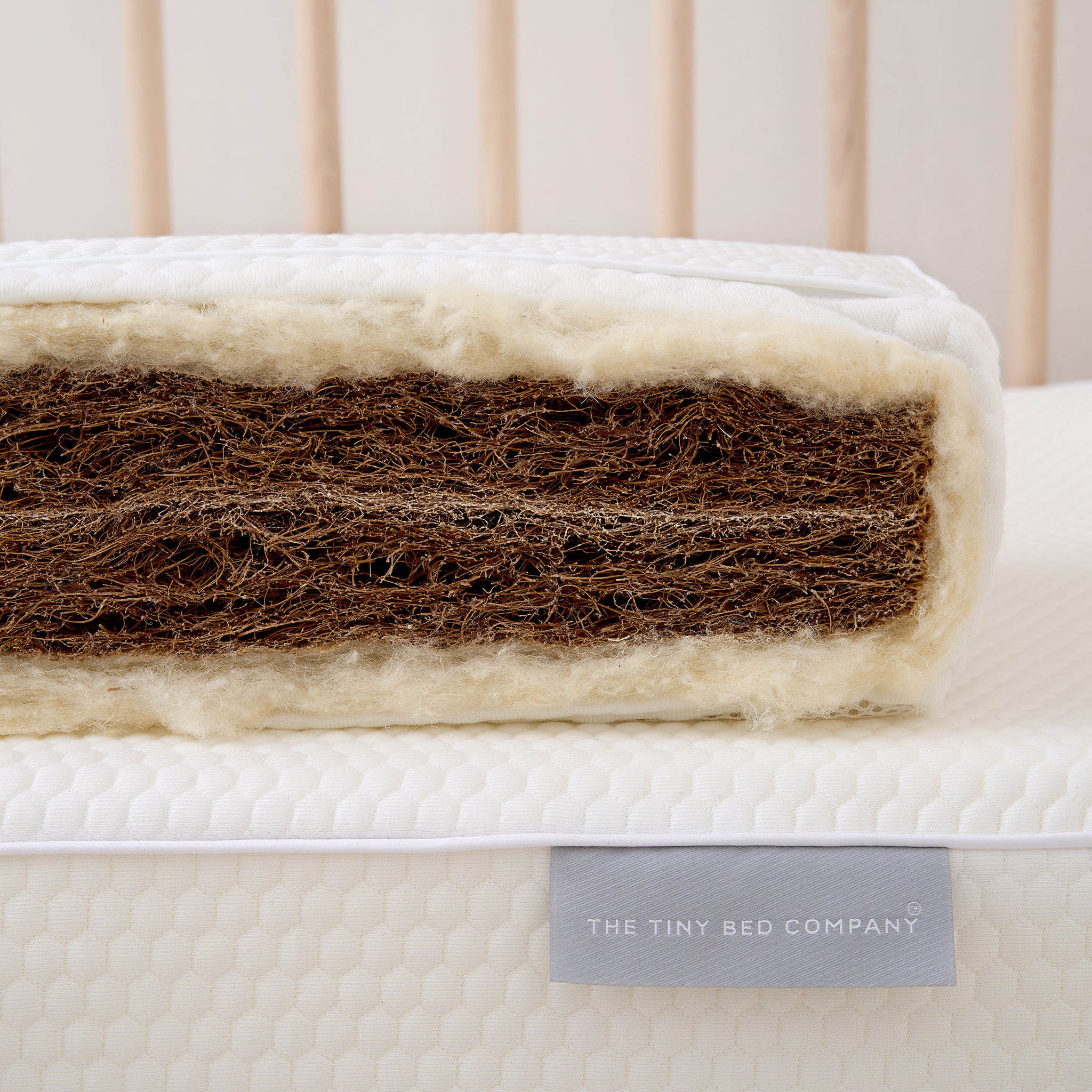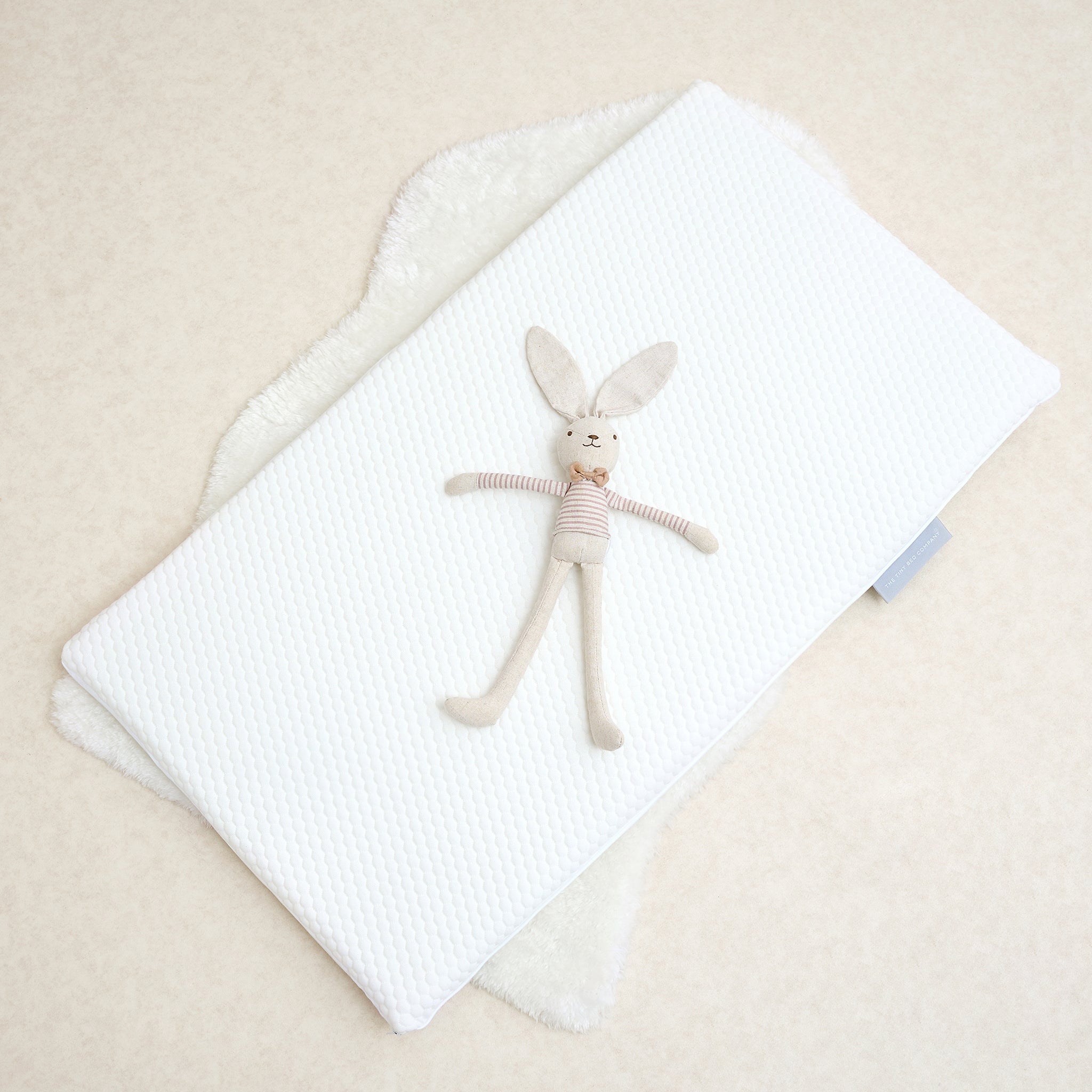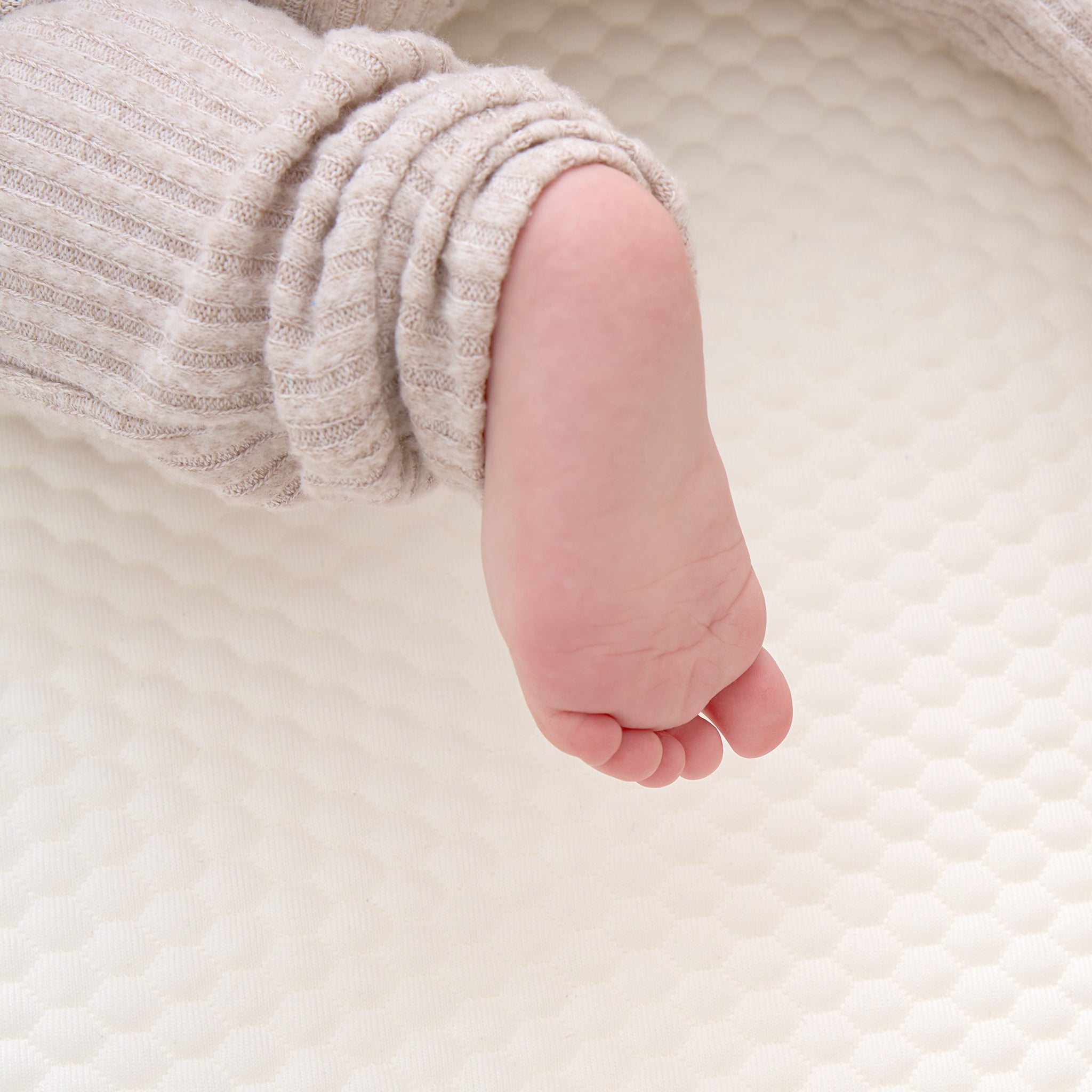Effective Baby Sleep Techniques
As parents, one of the biggest challenges can be getting our babies to sleep soundly through the night. A well-rested baby is not only happier but also essential for their growth and development. While sleep patterns may vary from baby to baby, there are several proven techniques that can help establish healthy sleep habits and create a peaceful bedtime routine. In this blog post, we'll explore some effective baby sleep techniques that can lead to sweet dreams for both you and your little one.
- Establish a Consistent Bedtime Routine
Creating a consistent bedtime routine signals to your baby that it's time to wind down and prepare for sleep. A predictable sequence of calming activities, such as a warm bath, gentle massage, soft music, or a bedtime story, can help relax your baby's senses and promote drowsiness. Be sure to follow the same routine each night to create a sense of security and familiarity.
- Create a Peaceful Sleep Environment
A soothing sleep environment can significantly impact your baby's ability to fall asleep and stay asleep. Keep the nursery quiet, dimly lit, and at a comfortable temperature. Consider using white noise machines or soft lullabies to drown out any background noises that might disturb your baby's slumber. Invest in a comfortable crib and a quality mattress to provide the necessary support for a good night's sleep.
- Practice the "Put Down, But Not Out" Method
Teaching your baby to self-soothe is a crucial skill for establishing healthy sleep patterns. The "put down, but not out" method involves placing your baby in their crib while drowsy but still awake. This allows them to learn to fall asleep on their own, promoting self-reliance and reducing sleep associations with external aids like rocking or feeding.
- Implement a Sleep-Friendly Feeding Schedule
For new-borns, frequent night-time feedings are essential for their growth and nourishment. However, as your baby grows, gradually implement a sleep-friendly feeding schedule to encourage longer stretches of sleep at night. Ensure your baby has a full feeding before bedtime and consider reducing night-time feedings if they are consistently waking up out of habit rather than hunger.
- Understand Sleep Cues and Timing
Babies often exhibit specific cues when they are tired, such as rubbing their eyes, yawning, or becoming fussy. Learn to recognize these signs, as putting your baby to bed when they are drowsy but not overtired can lead to an easier and smoother transition to sleep. Additionally, understanding your baby's natural sleep patterns and circadian rhythms can help establish a more suitable bedtime.
- Encourage Daytime Naps
Contrary to the belief that keeping a baby awake during the day will promote better sleep at night, well-rested babies actually sleep better at night. Encourage daytime naps by providing a conducive sleep environment and maintaining a consistent nap schedule. Adequate daytime rest can prevent overtiredness and promote better night-time sleep.
- Be Patient and Consistent
Developing healthy sleep habits takes time and patience. Be consistent in your approach and avoid sudden changes that may disrupt your baby's routine. It's normal for babies to experience sleep regressions or temporary disruptions in their sleep patterns due to growth spurts or developmental milestones. Stay patient and reassuring during these times, and trust that with consistency, your baby will eventually settle back into a good sleep routine.
Conclusion
Helping your baby develop healthy sleep habits is a journey that requires understanding, consistency, and love. By creating a calming bedtime routine, providing a peaceful sleep environment, encouraging self-soothing, and understanding your baby's sleep cues, you can lay the foundation for a restful and rejuvenating night's sleep. Remember, every baby is unique, and what works for one may not work for another. Stay attuned to your baby's needs and preferences, and be adaptable in your approach. With time and dedication, you'll be rewarded with sweet dreams for both you and your precious little one.

